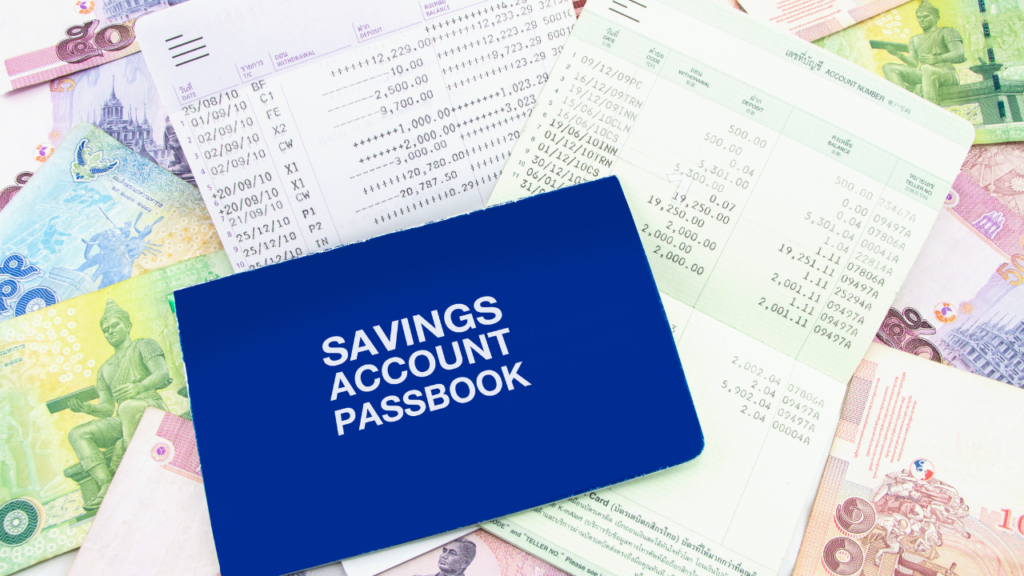
According to a media report, over Rs 82,000 crore of investor wealth is not claimed in misplaced and discontinued investments. There are unclaimed deposits in inactive bank accounts, terminal proceeds of policies in insurance firms, and even people’s retirement funds lying dormant in PF (Provident Fund) accounts.
Some individuals are incredibly organized when it comes to their investments and financial matters. They keep documents, choose nominations, and they even keep their families updated. However, many people waste time fretting over where to put their money and not share details about their assets with those in their family. They are unaware of the importance of informing their loved ones about their financial choices. The intention to insulate them from the financial choices they make, for whatever reason, might not always be helpful, particularly in times of abrupt and unexpected demise. What happens when these people die without leaving any information about their investments to their family members or heirs? A lot of families struggle to discover and follow the specifics of their deceased members’ assets. Many of them are in financial trouble as a result of their failure to reclaim the deceased’s investments. This can be devastating, given that numerous families don’t have the ability to file for and receive the claim amount even if the policyholders die, or are completely unaware that they are beneficiaries to the money placed in stocks and mutual funds.
In this blog post, we’ll look at how we might try to find out details regarding a deceased person’s investments or assets.
Search for documents:
To begin with, look for bank and other financial documents at home, such as the deceased person’s bank passbooks or cheque books, diaries containing notes, or PAN card and bank locker keys–all of which might be useful in tracking their assets. Basic information of savings might often aid to learn about automated debits each month and the listings of purchases and investments made. One might also check into mobile phone conversations and applications to discover more about where the funds may have been distributed. First-hand data regarding bank accounts could open the door for additional details on investments, loan repayment, insurance policy, etc.

If the deceased’s family members or legal heirs do not have such papers, they might depend on the deceased’s income tax return (ITR) or Annual Information Statement (AIS). If the deceased individual filed his or her own returns, family members might try to view the deceased person’s tax filings using the Income Tax (I-T) site.
However, in order to obtain Income Tax paperwork, one must have access to that person’s phone and PAN. However, as the deceased’s legal successor, you can seek for a re-issue of the deceased’s PAN card if you don’t have their PAN card with you. This request will very certainly be denied since there is no established procedure for re-issuing a deceased person’s PAN card. If it is refused, you may be able file an application with the courts in a writ authority to order the Income Tax officials to issue another copy of the deceased’s PAN to the family members.
Bank statements from the past may be a goldmine of information on income, spending, and investments, such as interest revenue from deposits and dividends from stocks. Having access to the bank account, on the other hand, is dependent on whether the person making the claim is a nominee or not.
Another important source of information is the deceased’s CA or financial adviser. The CA is likely to know far more about an individual’s holdings. He can provide information on bank accounts and the types of income reported on the income tax return (ITR), which can then be utilized to track down investments made.
Investment assets:

In India, there is no centralised storehouse or system for obtaining information on all of a person’s assets/investments. However, in terms of Mutual Funds and stocks, the two depositories in India, NSDL and CDSL, send out a consolidated account statement (CAS) every month, which represents the person’s financial activities in equities and all Mutual Funds.
If the dead’s family has access to his emails, they could possibly be able to get the CAS from his emails or from physical documents kept by the deceased. They may additionally look into the deceased’s bank records, such as bank statements or bank passbooks, to learn about his investments. Sending a formal request to the NSDL and/or CDSL for all of the deceased’s investments on the basis of his PAN can also be explored. The family can also go through his prior tax and other relevant filings, as well as contact with his chartered accountant/lawyer, to determine if such assets were mentioned. We assume that the deceased failed to make a Will, which on the other hand may have itemised his assets.
Once the heirs are aware of the investments in public stocks and mutual funds, they can send a transfer request application to the relevant depository together with the necessary supporting papers. If the Mutual Fund units are stored in physical form, the heirs can fill out a comparable transmission request form and send it to the appropriate Mutual Fund Company. They can also see whether any of his accounts have been nominated in the name of a family member.
Firstly, obtain a Succession certificate:
In some cases, the person who survives as legal heir might not be the nominee named in the demat account, life insurance plan, or bank accounts. There could either be no nomination or the person who was nominated would no longer exist. In this case, a succession certificate is useful.

In the unlikely event of the absence of a Will, ensure that you declare yourself as the legal successor. A succession certificate provides your claims legal legitimacy. As a first stage, the grieving family, which has little financial data, must be granted a Succession Certificate or Inheritance Certificate. The Succession Certificate indicates the legal heir or successor. This allows the family to reach out to banks, mutual funds, and depositories to obtain information about the dead person’s investments via a clearly stated method.
Conclusion:
As death is unavoidable, you must equate certainties with financial preparations while you are still alive. Some people are unaware of how having their family members in the dark might deprive them of important financial details. No one can bring the dead back from the grave. Therefore, it’s a good idea to inform your family members about your financial choices. Let them know where and why you have invested, how much you have claimed on your term insurance, what properties you own, how you use your bank accounts, and how much debt you still owe in the event that you have taken out a loan from a bank. This will assist in making your heirs’ lives easier even after your demise.





